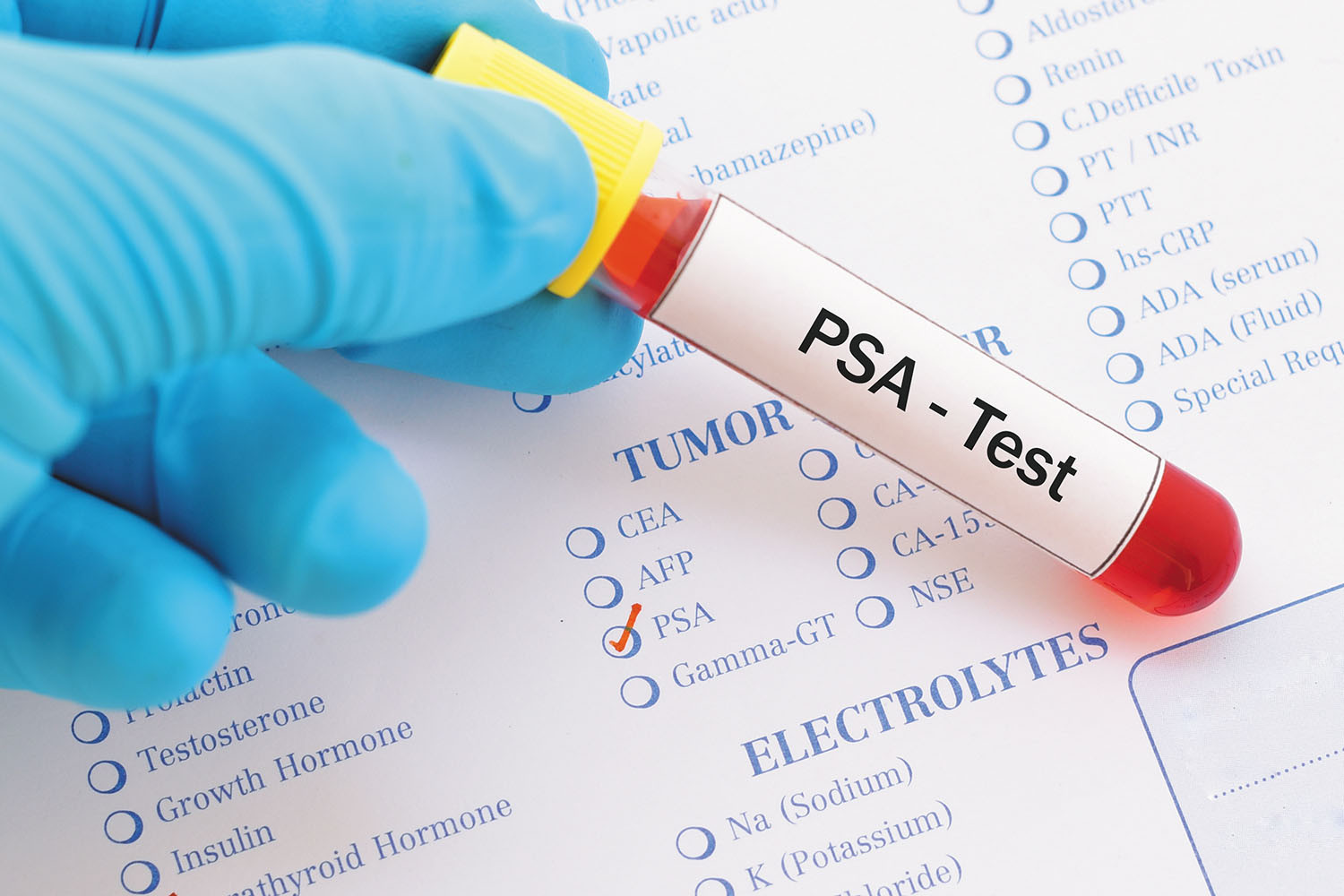
Respiratory health harms often follow flooding: Taking these steps can help

Tips to leverage neuroplasticity to maintain cognitive fitness as you age

Can white noise really help you sleep better?

Celiac disease: Exploring four myths

What is prostatitis and how is it treated?

What is Cushing syndrome?

Exercises to relieve joint pain

Think your child has ADHD? What your pediatrician can do

Foam roller: Could you benefit from this massage tool?

Stepping up activity if winter slowed you down
Prostate Cancer Archive
Articles
Should I continue to get regular PSA testing after age 70?
Whether or not to continue PSA testing after age 70 depends on many factors, but especially a man's family history of prostate cancer and how comfortable he is about getting a biopsy or treatment if the test results suggest possible cancer.
Promising therapy if PSA rises after prostate cancer surgery
After a man has had a radical prostatectomy, sometimes the level of the antigen PSA rises again later, meaning cancer may have returned. A study found that the normal therapy given when this happens is more effective when combined with other forms of treatment.
Exercise helps counter anxiety from active surveillance
A 2022 study suggests that men who follow active surveillance for low-grade prostate cancer can manage stress and anxiety about their condition by following a high-intensity interval training program.
Eating less meat may lower overall cancer risk
A 2022 study suggests that eating meat (including poultry) fewer than five times a week may protect people from cancer. Consuming only fish and no meat or following a vegetarian or vegan diet may offer even greater protection.
An emerging treatment option for men on active surveillance
Active surveillance allows men with low- or intermediate-risk prostate cancer to avoid temporarily the side effects of invasive therapies, but men often feel anxious about their cancer. Emerging evidence suggests there may be a middle path between no treatment and aggressive therapies.
Some men whose prostate cancer progresses can safely delay treatment
Prostate cancer can progress over long durations, and if a man's tumor has features that predict slow growth, he can opt for active surveillance instead of immediate treatment. But when the time for treatment comes, up to a third of men still decide against it. Now, a new study finds that for some of these men, treatment can be safely delayed.
New Harvard tool helps fact-check cancer claims
Scary or misleading claims about things that may cause cancer are so plentiful that it's hard to know which ones to take seriously. A new website developed by experts aims to provide reliable information about whether a particular cancer claim is true.
New treatment approved for late-stage prostate cancer
The FDA has approved a new medication therapy for advanced prostate cancer that is spreading in the body. The new treatment can seek out and destroy tumors that are still too small to be found via conventional medical imaging. Results of a clinical trial showed that this new drug was effective at delaying cancer progression.
Comparing traditional and robotic-assisted surgery for prostate cancer
Today, most surgeries to remove the prostate gland in men with prostate cancer are performed with robotic assistance, which ostensibly offers quality-of-life advantages. But how does this method compare with traditional open surgery? A recent study provides some clarity.
Treatment with abiraterone significantly improves survival in advanced prostate cancer

Respiratory health harms often follow flooding: Taking these steps can help

Tips to leverage neuroplasticity to maintain cognitive fitness as you age

Can white noise really help you sleep better?

Celiac disease: Exploring four myths

What is prostatitis and how is it treated?

What is Cushing syndrome?

Exercises to relieve joint pain

Think your child has ADHD? What your pediatrician can do

Foam roller: Could you benefit from this massage tool?

Stepping up activity if winter slowed you down
Free Healthbeat Signup
Get the latest in health news delivered to your inbox!
Sign Up











